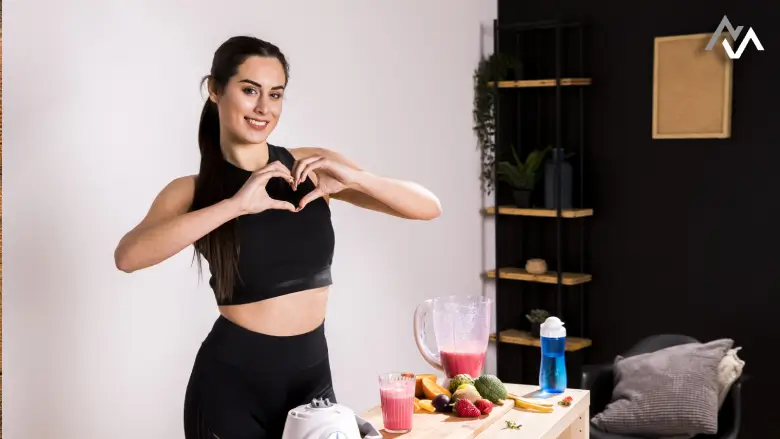Are You Getting Enough Protein? Signs and Solutions

Protein is a crucial component of a balanced diet, essential for muscle growth, tissue repair, and overall health. However, many people unknowingly consume insufficient protein, which can lead to various health issues. Here are some signs that you might not be getting enough protein and tips to boost your intake.
1. Muscle Loss and Weakness
Muscle mass naturally decreases with age, but inadequate protein can accelerate this process. If you notice unexpected muscle loss or find it difficult to perform everyday activities, it could be a sign that your body is not receiving the protein it needs to maintain muscle strength.
2. Persistent Fatigue
Protein plays a vital role in sustaining energy levels throughout the day. If you’re feeling constantly tired, despite adequate sleep, it could be due to a lack of protein. Protein deficiency can lead to reduced production of hemoglobin, which transports oxygen to your muscles and tissues, leaving you fatigued.
3. Slow Healing of Wounds
Protein is essential for the repair of tissues and wounds. If you find that cuts or injuries are taking longer to heal, it may be an indication of insufficient protein intake. This nutrient is crucial for the formation of new cells, which are necessary for wound healing.
4. Hair, Skin, and Nail Problems
Your hair, skin, and nails are made up of proteins like collagen and keratin. A deficiency can result in brittle nails, thinning hair, and dry, flaky skin. These signs indicate that your body is prioritizing other critical functions over maintaining your hair and skin’s health.
5. Increased Susceptibility to Illness
Protein is a key player in immune function. A lack of protein can weaken your immune system, making you more prone to infections and illnesses. If you frequently catch colds or take longer to recover, it could be linked to insufficient protein.
Boosting Your Protein Intake
To ensure you get enough protein, include a variety of sources such as lean meats, dairy, legumes, nuts, and seeds in your diet. For those following a vegetarian or vegan diet, plant-based proteins like tofu, tempeh, and quinoa are excellent choices.




